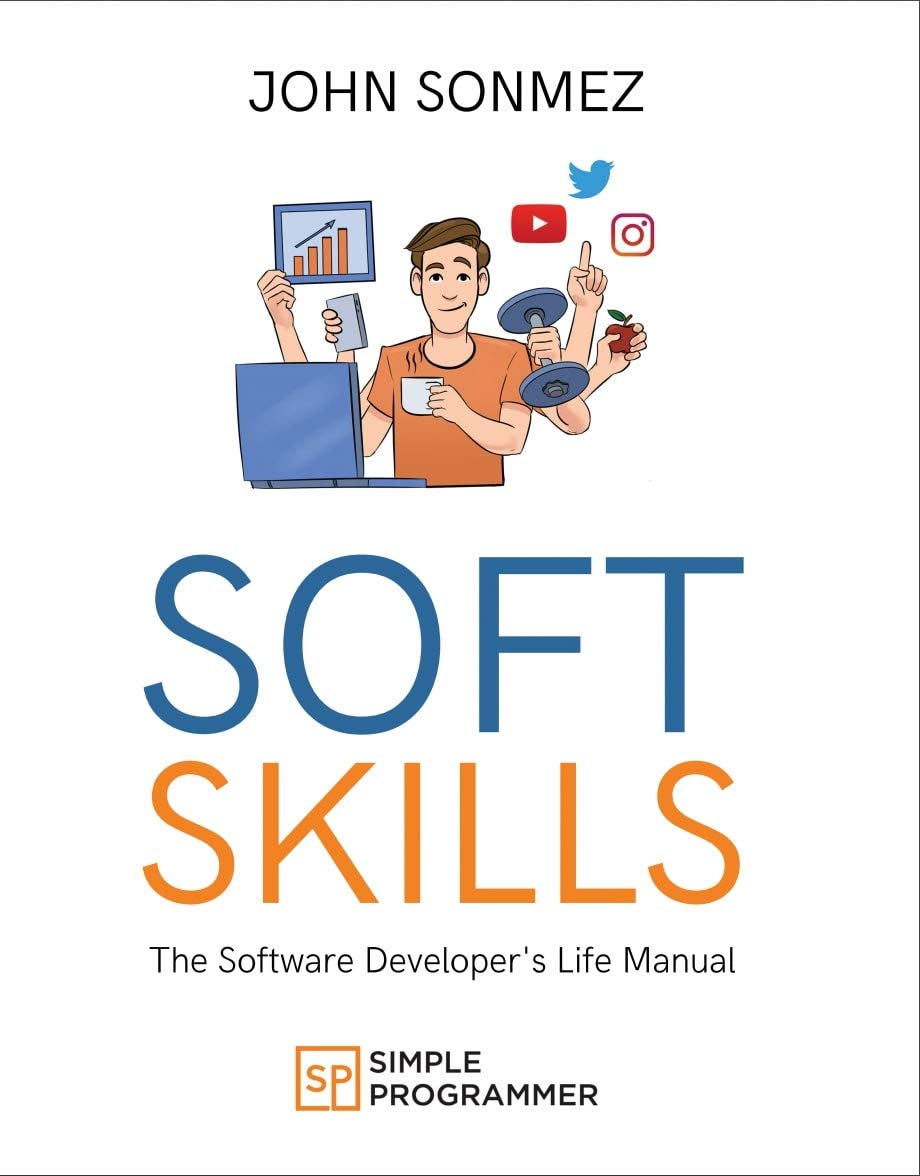What do you think?
Rate this book


503 pages, Kindle Edition
Published November 10, 2020
The reality of the situation, though, is that everything that’s worthwhile comes as a result of hard work. In life, and especially in your software development career, you have to learn how to sit down and do the work you don’t want to do—and do it consistently—if you really want to see results.
The most important point of this book is discussed early on: The driving force of a career must come from the individual. Remember: Jobs are owned by the company, you own your career!
It’s therefore your job, and not the one of the company you work for, to care about what you do and how you stay competitive. The book gives you a lot of possibilities to catch up with the current technologies and how you can optimise your learning process to fit all in your available time slot.
The part on learning together with the productivity improvements therefore are the ones I liked the most. The other parts are not bad but more controversial and therefore not a silver bullet you simply can adapt.